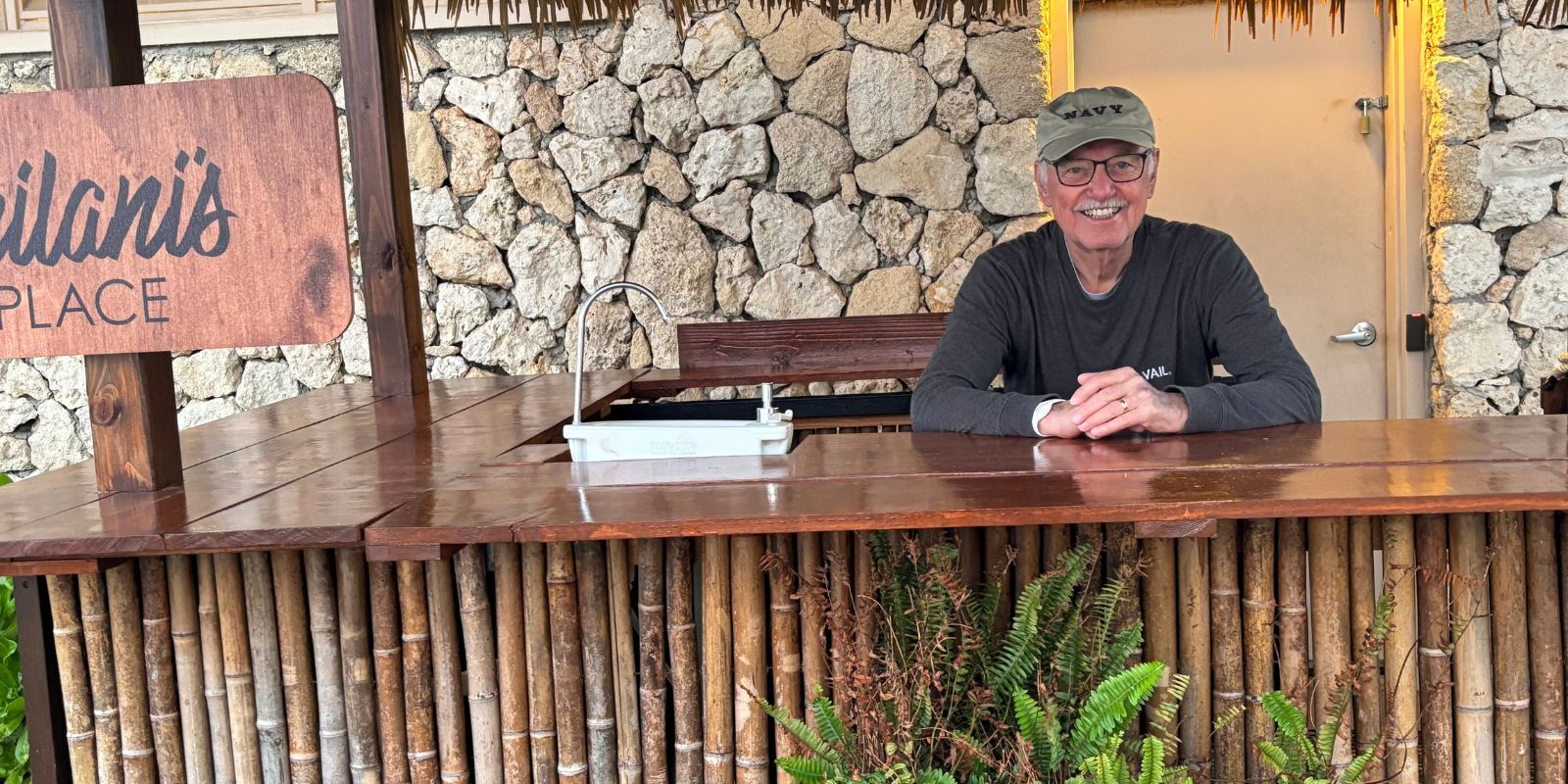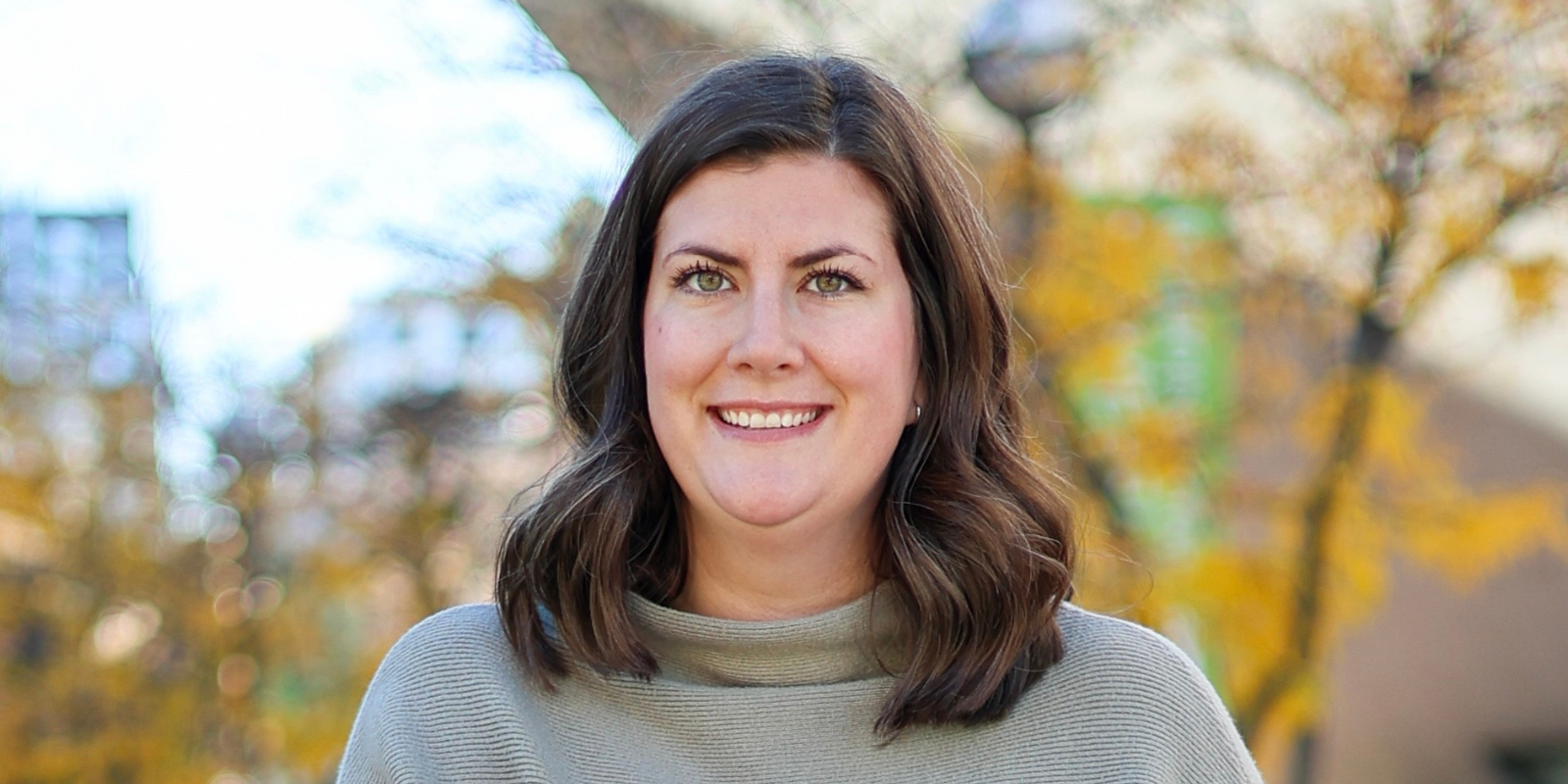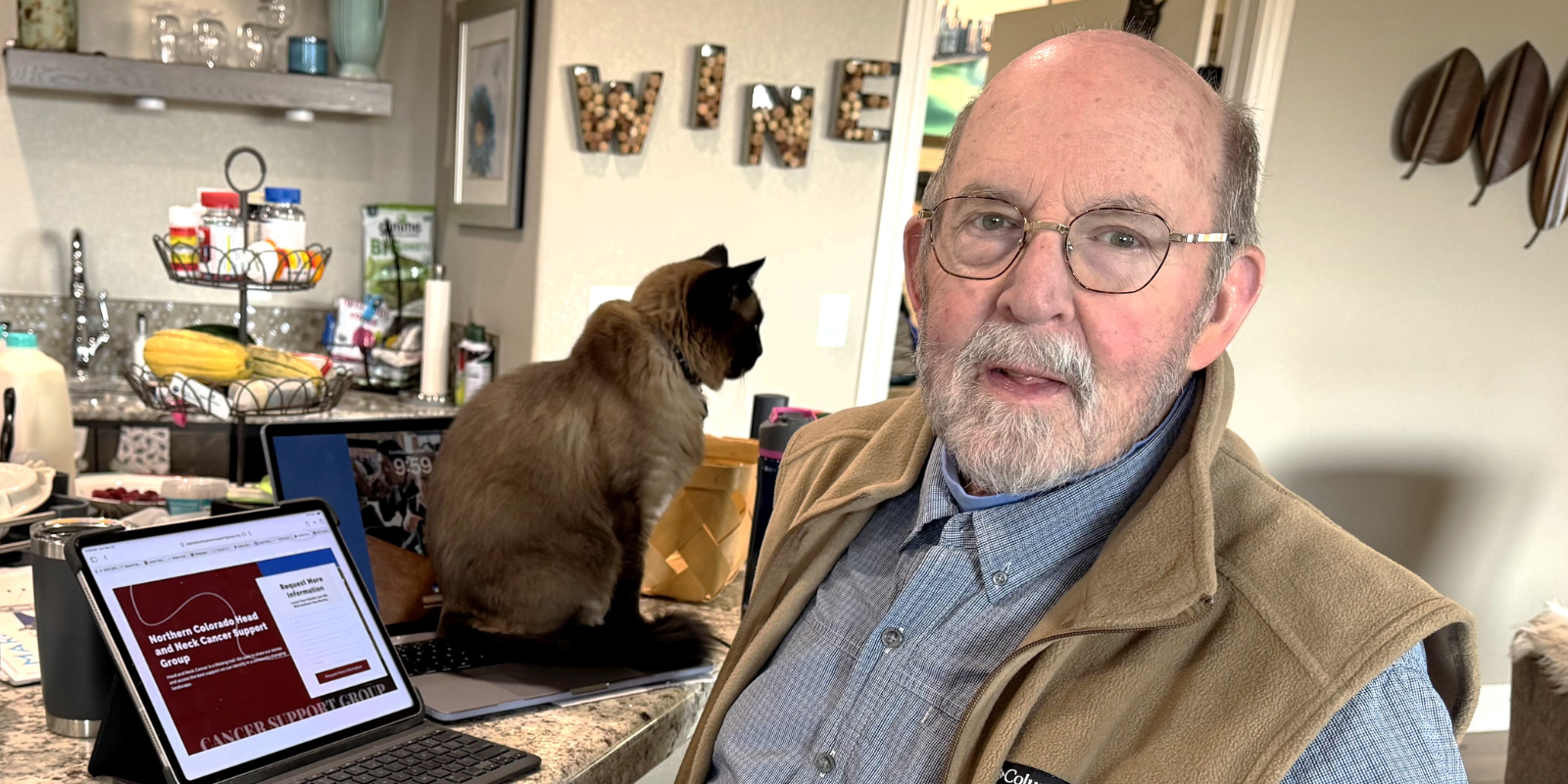Bob Rupp is a drummer. He works with the best musicians in the world and he’s celebrated for his contributions to the music scene in the Metro Area. There is even a day in his honor in the City and County of Denver.
Rupp may not have believed he would live to see the proclamation of “Bob Rupp Day” on December 9, 2017 after being diagnosed with cancer just two years earlier. Further complicating matters, Rupp’s cancer had spread to his brain and the location of the primary tumor was unknown.
“I felt a lump in my throat,” says the 60-year-old Rupp. “It felt like a big, hard marble. I had 10 tumors in my brain so I did 15 rounds of whole brain radiation, four targeted treatments, and then chemotherapy.”
Rupp says he ate well and was physically active before his diagnosis and had never had a major illness. He committed to doing exactly what his doctors told him to do to fight his cancer and he says it wasn’t always easy.
“I was angry and hungry and gaining weight and bald. That was a drag. That was the dark period,” says Rupp. “But I wanted to experience all of it so I could feel the brightness coming out.”
Part of the process for Rupp was continuing to work at Sabian Cymbals. That work requires long hours travelling all over North America working with musicians, drummers in particular. The company was supportive encouraging Rupp to take the time he needed for treatment. Rupp also was a fixture on the music scene in Denver after owning Rupps Drums for 20 years.
“There was a trade show in Los Angeles a couple months after I was diagnosed,” says Rupp. “I was determined to make there so I could say my goodbyes.”
Approximately six months after his first round of treatment, Rupp started feeling worse and his cancer had spread to his chest and armpits so his doctors referred him to Daniel Bowles, MD, at University of Colorado Cancer Center. Bowles specializes in head and neck cancer with particular expertise in salivary gland cancers.
“We were able to determine that Bob’s cancer started in a salivary gland,” says Bowles. “But where his cancer started may be less important than what fueled its growth and helped it spread to other parts of his body.”
Bowles ordered next generation sequencing that revealed Rupp’s cancer had a HER2 (human epidermal growth factor receptor 2) amplification. The gene HER2 is known to play a role in the development of some breast cancers. There also are effective, established therapies for cancers involving HER2.
“Around the time Bob came to see me, we had opened a phase 2 study looking at a new combination of drugs for HER2+ cancers,” says Bowles.
Rupp started the clinical trial in August of 2016. Since then, he has no signs of active cancer.
“My cancer is essentially asleep,” says Rupp. ”If I go off this combination therapy – my cancer will come back. This is a part of me. I have accepted it.”
What Rupp does not accept is any kind of limitations on the way he lives his life.
“I am not at home in bed wondering when the cancer is coming back. I do my work all over the country but I have to keep tabs on where I am,” says Rupp. “I know where the nearest hospital is, and I try not be around people who are ill.”
He says he’s cautious about how he lives his life and that his cancer diagnosis was a gut check.
“I am always on the move, I get right to work. I spend a lot of time with my wife. I do things that make me happy and I say yes to everything because it might be my last chance.”
With the help of Dr. Bowles and the CU Cancer Center, Rupp hopes to say yes to new experiences for many years to come.



